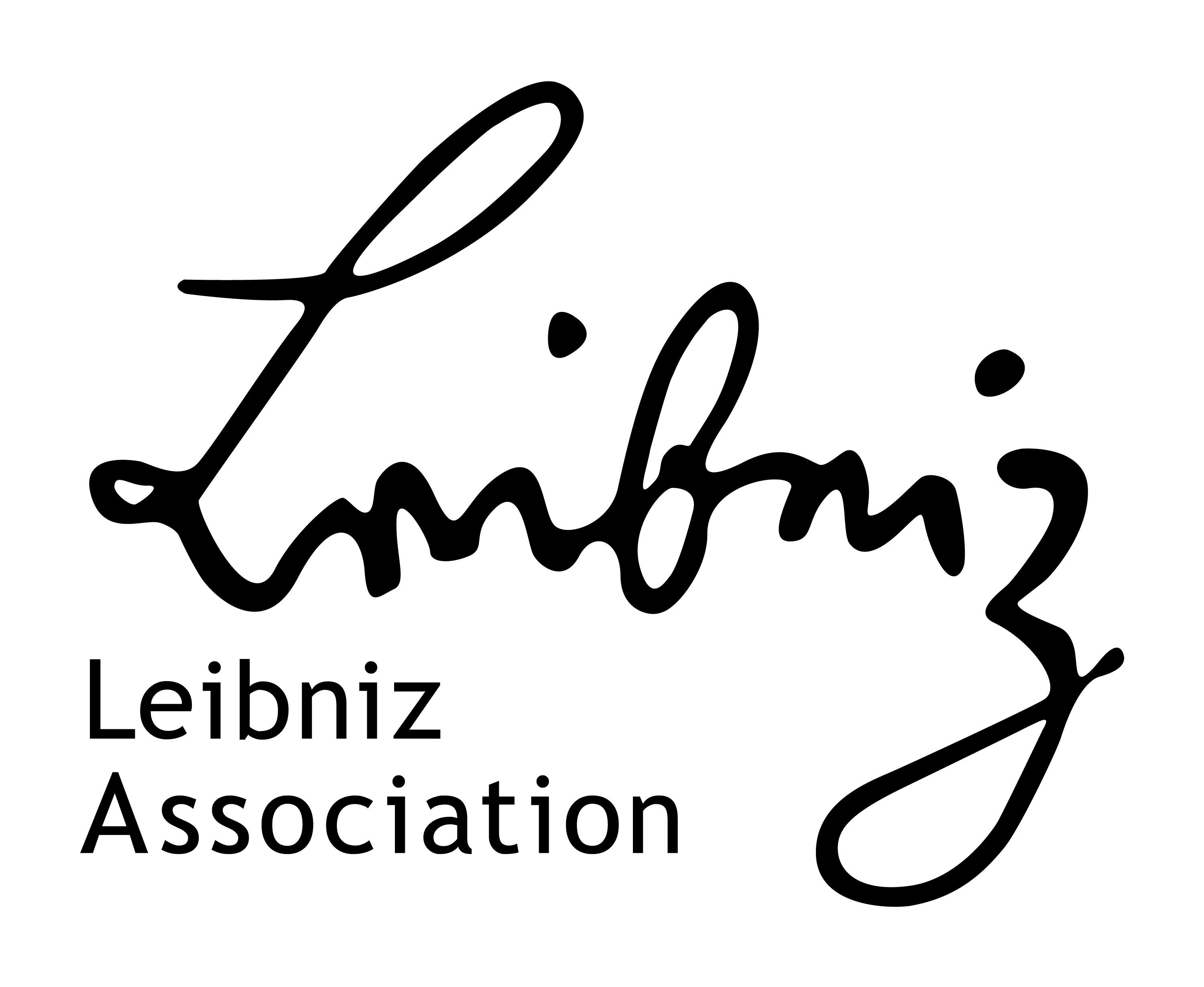
Leibniz-Institut für Resilienzforschung gGmbH
Wallstraße 7
55122 Mainz
1969
Research Group Leader, Leibniz Institute for Resilience Research (LIR), Mainz, Germany
Professor, Department of Psychiatry and Psychotherapy and Focus Program Translational Neurosciences (FTN), University Medical Center of the Johannes Gutenberg University, Mainz, Germany
M.D. degree award (magna cum laude); Institute of Neuropathology, University of Bonn, Germany (supervisor: Prof. Dr. O.D. Wiestler)
Medical School, University of Bonn, Germany; speciality subject: Psychiatry (state examination 11/1995)
Privatdozentin (Habilitation); Venia Legendi in Psychiatry and Psychotherapy, Ludwig Maximilian University Munich, Germany
Research Group Leader and Head of Mouse Behaviour Unit (MBU) at the Leibniz Institute for Resilience Research (LIR), Mainz, Germany
Research Group Leader and Head of Mouse Behaviour Unit (MBU) at the German Resilience Center (DRZ) Mainz, Germany
Professor of Translational Psychiatry (permanent position), Head of Section Translational Psychiatry. University Medical Center of the Johannes Gutenberg University and Focus Program Translational Neuroscience, Mainz, Germany
Head, Independent Research Group Molecular Stress Physiology (Career breaks due to parental leave 02/2007 − 08/2007 and 08/2010 − 02/2011)
Minerva Program (Professorship Award/W2 for outstanding female scientists) from the Max Planck Society, Germany
Assistant Medical Director, Open Psychiatric Ward (Oberärztin)
Board certification in Psychiatry (Fachärztin für Psychiatrie und Psychotherapie)
Residency in Psychiatry and Neurology; clinical training
Visiting scientist at the Netherlands Institute for Brain Research, Amsterdam, the Netherlands (supervisor: Prof. Dr. D.F. Swaab)
Postdoctoral Researcher, Molecular Neurogenetics Group (supervisor: Prof. Dr. W. Wurst)
Postdoctoral Fellow, Department of Neuropathology, University of Bonn Medical Center, Germany (supervisor: Prof. Dr. O. D. Wiestler)
van der Kooij MA, Jene T, Treccani G, Miederer I, Hasch A, Voelxen N, Walenta S, Müller MB (2018) Chronic social stress-induced hyperglycemia in mice couples individual stress susceptibility to impaired spatial memory. Proc Natl Acad Sci USA. 115(43):E10187−E10196. doi: 10.1073/pnas.1804412115
>> Link to PubmedCarrillo-Roa T, Labermaier C, Weber P, Herzog DP, Lareau C, Santarelli S, Wagner KV, Rex-Haffner M, Harbich D, Scharf SH, Nemeroff CB, Dunlop BW, Craighead WE, Mayberg HS, Schmidt MV, Uhr M, Hols-boer F, Sillaber I, Binder EB, Müller MB (2017) Common genes associated with antidepressant response in mouse and man identify key role of glucocorticoid receptor sensitivity. PLoS Biol. 15(12):e2002690. doi: 10.1371/journal.pbio.2002690
>> Link to Pubmedvan der Kooij MA, Masana M, Rust MB, Müller MB (2016) The stressed cytoskeleton: how actin dynamics can shape stress-related consequences on synaptic plasticity and complex behavior. Neurosci Biobehav Rev. 62:69–75. doi: 10.1016/j.neubiorev.2015.12.001
>> Link to PubmedKalisch R, Müller MB, Tüscher O (2015) A conceptual framework for the neurobiological study of resilience. Behav Brain Sci. 38:e92. doi: 10.1017/S0140525X1400082.
>> Link to PubmedKalisch R, Müller MB, Tüscher O (2015) Advancing empirical resilience research. Behav Brain Sci. 38: e128. doi: 10.1017/S0140525X15000023
>> Link to PubmedWang XD, Su Y, Wagner KV, Avrabos C, Scharf SH, Hartmann J, Wolf M, Liebl C, Kühne C, Wurst W, Holsboer F, Eder M, Deussing JM, Müller MB, Schmidt MV (2013) Nectin-3 links CRHR1 signaling to stress-induced memory deficits and spine loss. Nat Neurosci. 16(6):706-13. doi: 10.1038/nn.3395
>> Link to PubmedSchmidt MV, Schülke J-P, Liebl C, Stiess M, Avrabos C, Bock J, Wochnik GM, Davies HA, Zimmermann N, Scharf SH, Trümbach D, Wurst W, Zieglgänsberger W, Turck C, Holsboer F, Stewart MG, Bradke F, Eder M, Müller MB*, Rein T* (2011) Tumor suppressor down-regulated in renal cell carcinoma 1 (DRR1) is a stress-induced actin bundling factor that modulates synaptic efficacy and cognition. Proc Natl Acad Sci USA. 108(41):17213−17218. (*equal contribution) This paper was highlighted in Research Highlights in Nature (Stress alters brain connections (2011) Nature. 478:159)
>> Link to PubmedLucae S, Sämann PG, Schmidt MV, Demirkan A, Hek K, Roeske D, Alexander M, Salyakina D, Ripke S, Höhn D, Specht M, Menke A, Hennings J, Heck A, Wolf C, Ising M, Schreiber S, Czisch M, Müller MB, Uhr M, Bettecken T, Beckers A, Schramm J, Rietschel M, Maier W, Bradley B, Ressler KJ, Nöthen MM, Cichon S, Craig IW, Breen G, Lewis CM, Hofman A, Tiemeier H, van Duijn CM, Holsboer F, Müller-Myhsok B, Binder EB (2011) The neuronal transporter gene SLC6A15 confers risk to major depression. Neuron. 70(2):252–265. doi: 10.1016/j.neuron.2011.04.005
>> Link to PubmedSchmidt MV, Trümbach D, Weber P, Wagner K, Scharf SH, Liebl C, Datson N, Namendorf C, Gerlach T, Kühne C, Uhr M, Deussing JM, Wurst W, Binder EB, Holsboer F, Müller MB (2010) Individual stress vulnerability is predicted by short-term memory and AMPA receptor subunit ratio in the hippocampus. J Neurosci. 30(50):16949–16958. doi: 10.1523/JNEUROSCI.4668-10.2010
>> Link to PubmedMüller MB, Zimmermann S, Sillaber I, Hagemeyer TP, Timpl P, Kormann MSD, Droste S, Deussing JM, Kühn R, Reul JMHM, Holsboer F, Wurst W (2003) Limbic corticotropin-releasing hormone receptor 1 medi-ates anxiety-related behavior and hormonal adaptation to stress. Nat Neurosci. 6(10):1100−1107. doi: 10.1038/nn1123
>> Link to Pubmed




